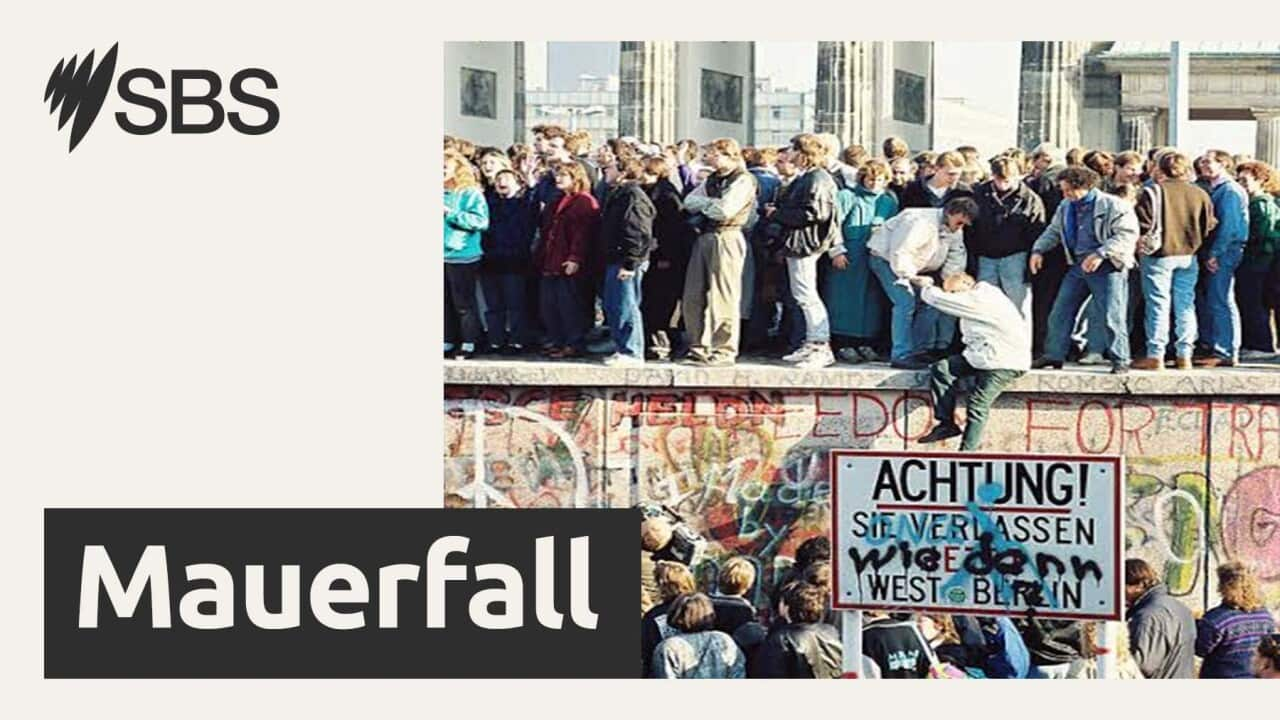East Germany continues to grapple with its evolving identity, shaped by its GDR past and the challenges of reunification. This identity is not only political; it encompasses collective experiences, cultural memories, and lingering feelings of injustice. While a broader German identity exists, an increasingly strong sense of being distinctly East German is emerging, influencing both cultural and political narratives.
The 1990s brought profound changes: Western elites filled institutional vacuums in the East, local industries vanished, and unemployment soared. Despite a nostalgia for GDR-era culture in the mid-90s, many East Germans felt their cultural memories were being erased. This sense of difference persists, especially among younger generations, who continue to feel a divide from West Germans, while such differences fade in the West.
One of the challenges, was the majority of the elite was replaced by the West with Western people, which gave East Germans the notion or the experience that they're just second class Germans, and this really made something with the people [sic].Dr. Hanno Hochmuth
These unresolved issues have fuelled the rise of populist parties like the far-right Alternative für Deutschland (AfD). In September 2024, the AfD won over 30% of the vote in Thuringia, underscoring its growing influence in the region. The party taps into disillusionment with mainstream politics, unresolved inequalities, and a desire for a voice that reflects the concerns of East Germans.
Experts suggest that the right wing sentiment is rooted in both GDR-era nationalism and the influence of West German far-right networks after reunification. Historian Dr. Hanno Hochmuth notes that while the GDR was officially anti-fascist, nationalist and racist tendencies persisted and were amplified during the transition years, setting the stage for far-right ideologies to take root.
The AfD's rise highlights the ongoing challenges of reunification. While East and West Germans share a national identity, the memory of transformation and the perception of inequality have fostered a unique East German identity—distinct from other regional identities within Germany.
This expectation that the East, as a political and social space, would disappear relatively quickly has not been confirmed. Instead, there is something like a specifically East German space of experience, a political space.Julian Heide
Sociologist Julian Heide argues that while this distinct East German identity is not inherently problematic, it raises important questions about the broader goal of German unity. Focusing solely on a generalised national identity risks deepening divisions. To address these challenges, Germany must acknowledge the unique historical experiences of East Germans more fully and create a political and cultural environment that values diverse experiences across the nation. True national unity, he believes, requires addressing economic and political inequalities to stop perpetuating a feeling of disconnection. These disparities, particularly in terms of economic alignment between East and West.
For many, the reunification of Germany opened doors to new opportunities and freedoms, while for others, it brought loss, disillusionment, and a lingering sense of being left behind.
Today, 35 years after the fall of the Berlin Wall, the rise of far-right movements in recent years poses new challenges for a united Germany to overcome.
LISTEN TO

2024: The Shadow of Identity and the Rise of the Far Right
SBS German
35:29
Credits:
Executive Producer: Benjamin Kanthak
Sound Design und Mix: Max Gosford
SBS Audio: Joel Supple, Max Gosford, Maram Ismail
Interviews: Hanno Hochmuth (Leibniz-Zentrum für Zeithistorische Forschung Potsdam), Julian Heide (Institut für Sozialwissenschaften/Humboldt Universität zu Berlin), Alexandra Falk
